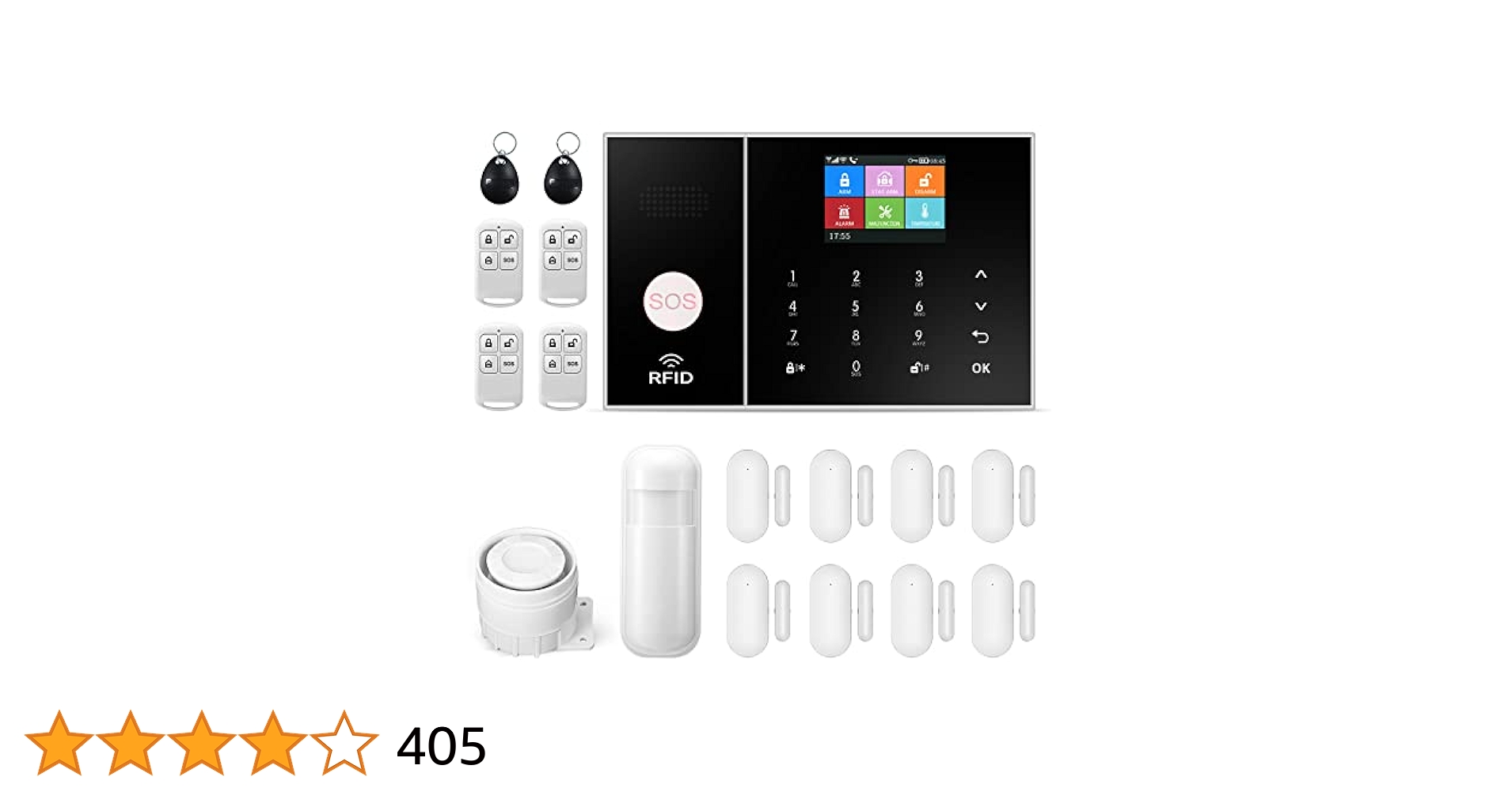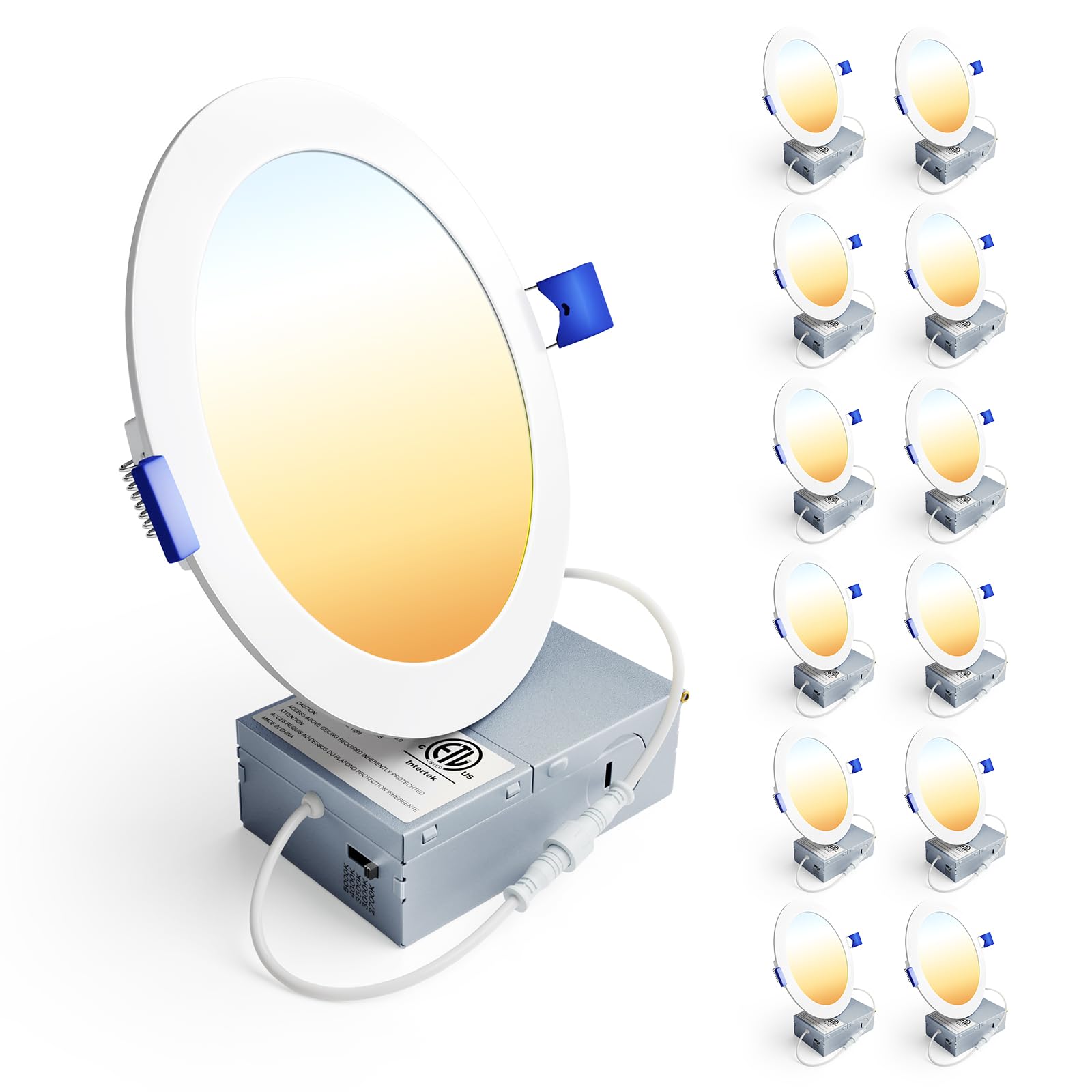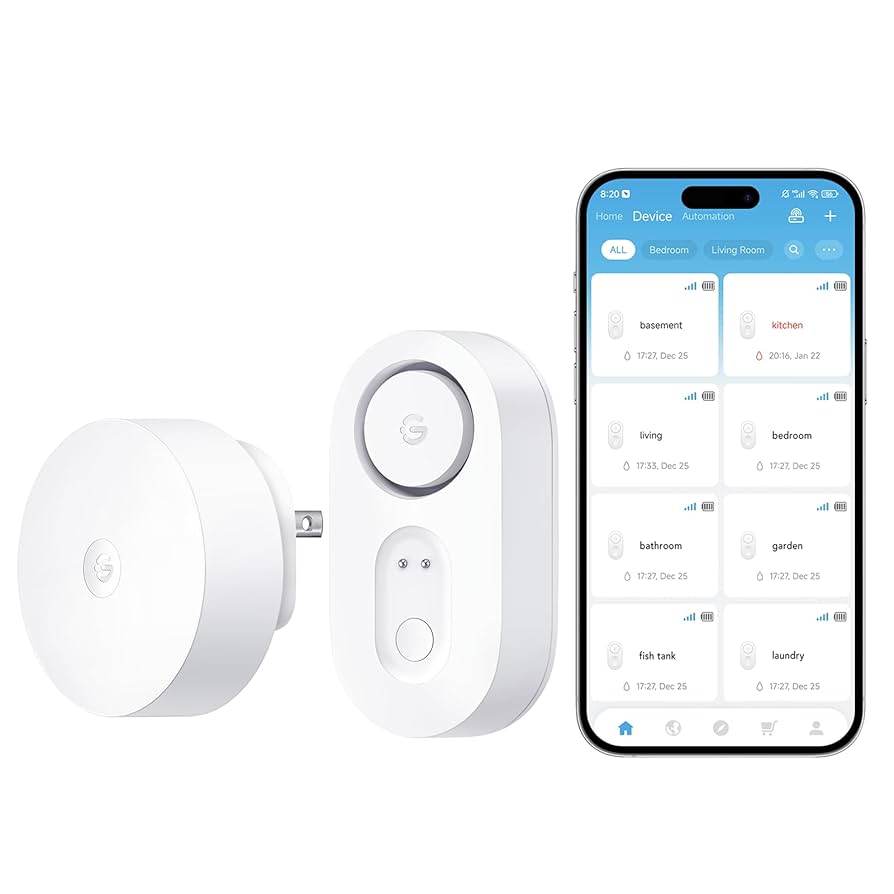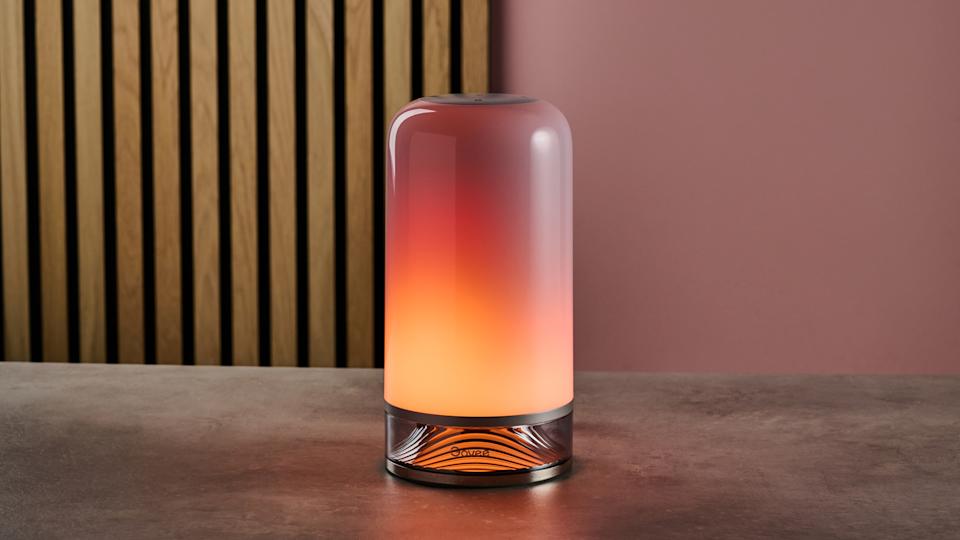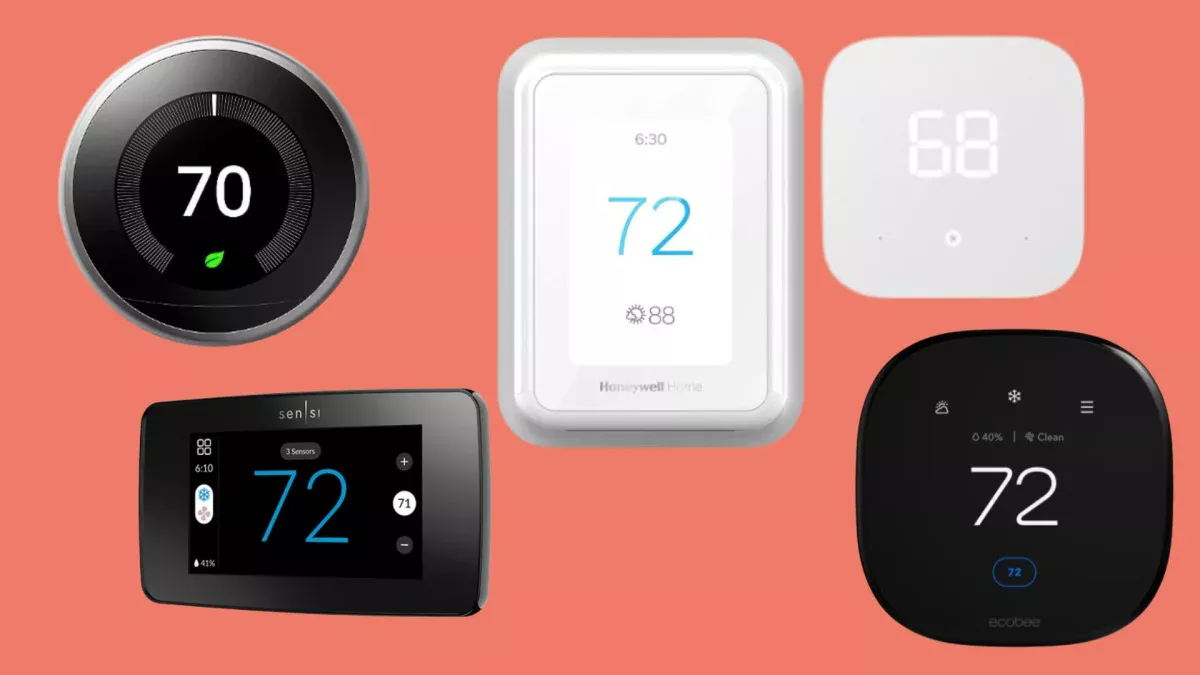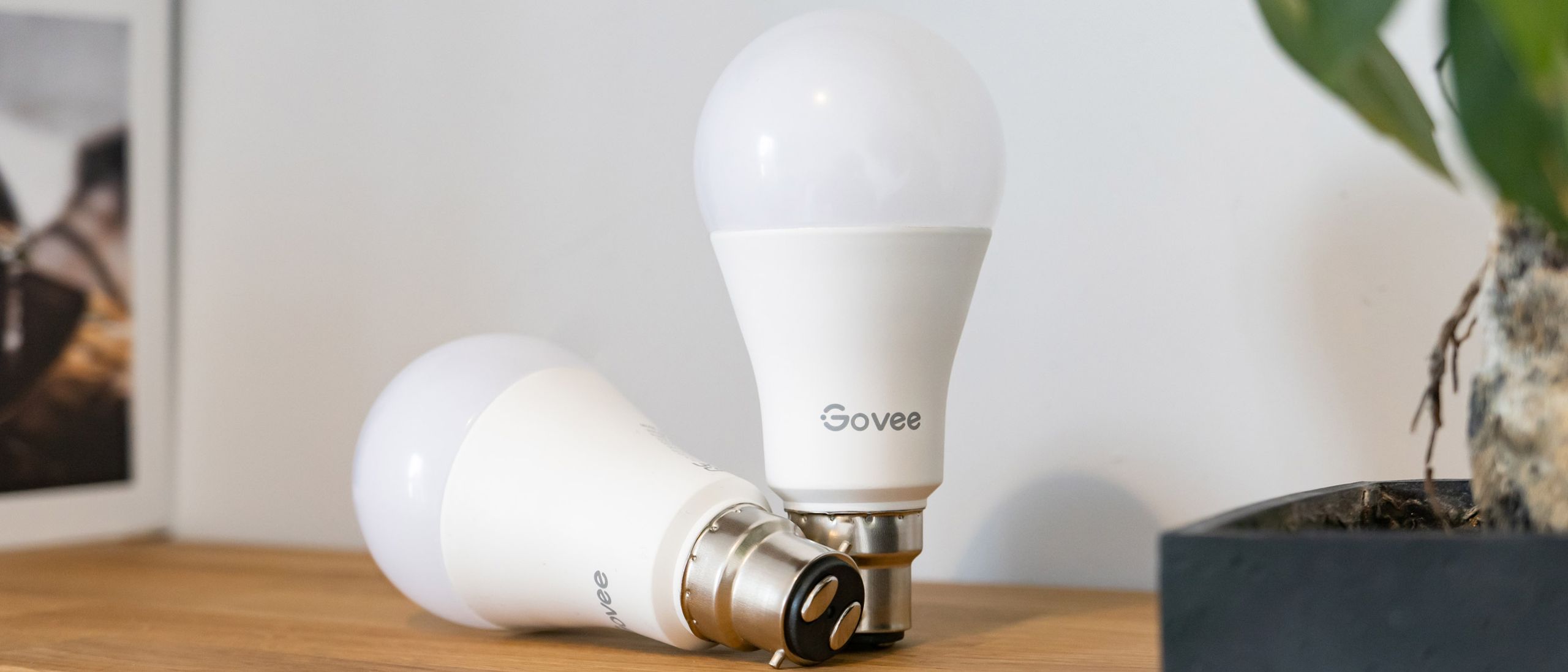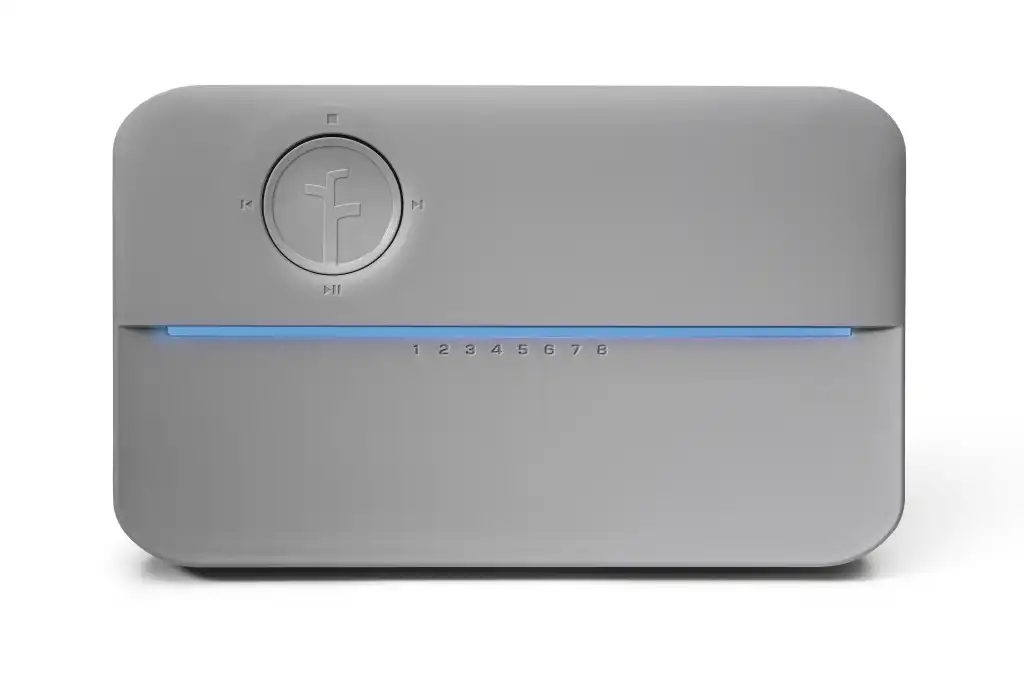Your home is your safe place, and protecting it should be simple and effective. Imagine having a system that alerts you instantly if something’s wrong, giving you peace of mind whether you’re inside or away.
Home alarm systems do just that—they guard your space, your loved ones, and your belongings. If you want to feel safer without the hassle, keep reading. This guide will help you understand how to choose the right home alarm system that fits your needs and lifestyle.
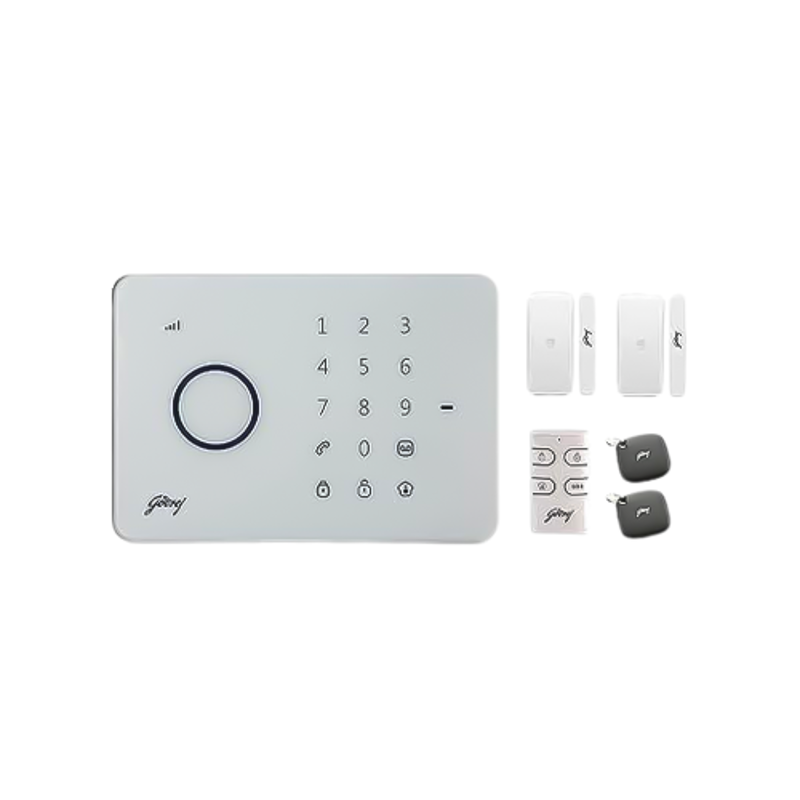
Credit: www.moglix.com
Choosing The Right Alarm System
Choosing a home alarm system is important for safety. The right system fits your needs and budget.
Consider how the system works and what features you want. This helps you make a good choice.
Wired Vs Wireless Systems
Wired systems use cables to connect sensors to the control panel. They are very reliable and hard to hack.
Wireless systems use radio signals. They are easier to install and move if needed. Batteries power most wireless devices.
- Wired systems need professional installation.
- Wireless systems can be installed by homeowners.
- Wireless may need battery changes over time.
- Wired systems work during power outages if backed up.
Smart Home Integration
Some alarm systems connect with smart home devices. This lets you control alarms with your phone or voice.
Integration can include lights, cameras, and locks. This adds convenience and extra security to your home.
- Check if the alarm works with your smart devices.
- Look for apps that are easy to use.
- Ensure the system updates automatically for safety.
Professional Monitoring Options
Some alarm systems offer professional monitoring services. Experts watch your system 24/7 and alert authorities if needed.
You can choose self-monitoring or professional monitoring. Each has benefits depending on your lifestyle and budget.
- Self-monitoring sends alerts to your phone only.
- Professional monitoring calls police or fire services.
- Professional monitoring may have monthly fees.
- Self-monitoring requires you to respond quickly.
Essential Components Of Home Alarms
Home alarm systems keep your house safe from intruders and emergencies. They include several important parts that work together.
Understanding these parts helps you know how alarms protect your home and family.
Sensors And Detectors
Sensors and detectors spot unusual activity or dangers around your home. They are the first line of defense in an alarm system.
Common types include motion sensors, door and window sensors, and smoke detectors. Each type senses a specific threat.
- Motion sensors detect movement inside or near your home
- Door and window sensors trigger alarms if opened unexpectedly
- Smoke detectors alert you to fire or smoke dangers
- Carbon monoxide detectors warn about harmful gas leaks
Control Panels And Keypads
The control panel is the brain of the alarm system. It connects all sensors and manages alerts.
Keypads let you arm or disarm the system and check status. Some panels use touchscreens or apps for control.
- Control panels receive signals from sensors
- They decide when to trigger alarms or notify owners
- Keypads allow easy system management by users
- Some systems use smartphone apps for remote control
Alarm Sirens And Notifications
Alarm sirens make loud sounds to warn you and scare off intruders. They alert neighbors and passersby to danger.
Notifications send alerts to your phone or monitoring service. This helps you respond quickly to problems.
- Sirens produce loud, attention-getting noise
- Visual alarms may use flashing lights
- Notifications can be sent via text or app alerts
- Some systems alert professional monitoring centers
Installation Best Practices
Installing a home alarm system correctly keeps your home safe. Good setup helps the system work well.
Follow key practices to place sensors, secure doors, and keep your system reliable.
Ideal Sensor Placement
Place sensors where they can detect movement or opening quickly. Avoid hiding them or putting them too high.
Install sensors near windows, doors, and areas with little activity. Make sure pets do not trigger false alarms.
- Mount motion sensors 6 to 8 feet high
- Put door/window sensors on frames, not moving parts
- Avoid pointing sensors at heat sources or vents
- Check sensor range before final placement
Securing Entry Points
Focus on all main entrances, including doors and windows. These are the most common break-in spots.
Use strong locks and fit sensors on every door and accessible window. Double-check for gaps or weak spots.
- Lock doors with deadbolts
- Install sensors on garage doors and basement windows
- Test all entry points to ensure sensors trigger alarms
- Secure sliding doors with extra bars or locks
Maintaining System Reliability
Keep your alarm system working well by regular checks and updates. Replace batteries often.
Clean sensors and avoid blocking them. Test alarms monthly to catch problems early.
- Change batteries every six months
- Clean sensors with a soft cloth
- Run test alarms to check system response
- Update system software if available
Enhancing Security With Additional Features
Home alarm systems protect your house from intruders. Adding extra features makes your security stronger.
These features help you watch your home, get alerts, and keep the system running during power cuts.
Video Surveillance Integration
Video cameras let you see what happens at your home. They record activities day and night.
You can check live video or past recordings to find any suspicious actions.
- Helps identify intruders clearly
- Works with alarms for quick response
- Supports cloud storage for videos
Mobile Alerts And Remote Access
Your alarm system can send alerts to your phone. You get notified if there is a problem.
Remote access lets you control your alarm from anywhere using a mobile app.
- Arm or disarm the system remotely
- Receive instant notifications of alarms
- View live camera feeds on your phone
Backup Power Solutions
Power outages can stop your alarm system. Backup power keeps it running during blackouts.
Battery backups or generators make sure your home stays protected all the time.
- Battery backup lasts several hours
- Generators provide longer power support
- Prevents false alarms due to power loss
Common Mistakes To Avoid
Home alarm systems help protect your house and family. Many people make mistakes that reduce their system’s effectiveness.
Knowing these common errors can help you keep your home safer with your alarm system.
Ignoring Regular Maintenance
Many homeowners install alarms but forget to check them often. Systems need regular maintenance to work well.
Ignoring maintenance can lead to dead batteries or broken sensors. This makes your alarm unreliable.
- Test alarms monthly
- Replace batteries yearly
- Clean sensors and cameras
- Fix any damage quickly
Overlooking False Alarm Causes
False alarms happen often and can annoy neighbors and police. They also make you less careful.
Common causes include pets, poor sensor placement, and user mistakes. Find and fix these causes.
- Keep sensors away from pets
- Avoid placing sensors near heating vents
- Check sensors for dust or dirt
- Review alarm settings carefully
Neglecting User Training
Every person in the home should know how to use the alarm system. Lack of training causes errors.
Teach family members how to arm and disarm the system. Show them what to do if the alarm sounds.
- Practice using the keypad
- Explain alarm signals and meanings
- Discuss emergency procedures
- Keep instruction manuals accessible

Credit: www.indiamart.com
Cost Considerations And Budgeting
Buying a home alarm system needs careful budget planning. Knowing the costs helps you avoid surprises.
Costs include buying, installing, and maintaining your system over time. Let’s look at what affects your budget.
Upfront Vs Long-term Expenses
Upfront costs cover buying the alarm system and installation fees. These are one-time payments.
Long-term expenses include monthly monitoring fees and maintenance. These add up over the years.
- Upfront: equipment, installation, setup
- Long-term: monitoring, repairs, upgrades
- Plan for both to avoid budget issues
Diy Vs Professional Installation
DIY installation saves money on labor but needs time and skill. Mistakes can cause problems later.
Professional installation costs more upfront. Experts ensure the system works well and is secure.
- DIY: lower cost, needs time and care
- Professional: higher cost, better setup
- Choose based on your skills and budget
Choosing Value-added Services
Some services add safety and ease but increase costs. These include mobile alerts and video monitoring.
Think about what fits your needs and budget. Extra features may be worth the cost for peace of mind.
- Mobile alerts for instant notifications
- Video monitoring for real-time security
- Professional monitoring for quick response
- Smart home integration for convenience
Legal And Privacy Aspects
Home alarm systems help protect your property and family. It is important to know the legal and privacy rules around them.
Understanding these rules helps you use alarms safely and respectfully.
Compliance With Local Laws
Every area has laws about alarm systems. These rules control how alarms are installed and used.
You must follow these laws to avoid fines or legal trouble.
- Get permits if required before installing alarms
- Use alarms that meet local safety standards
- Avoid false alarms to prevent penalties
- Notify neighbors if alarm sounds may disturb them
Data Security And Privacy
Home alarms often collect personal data like video or sound. Protecting this data is very important.
Make sure your alarm provider uses strong security to keep data safe from hackers.
- Use strong passwords for alarm system accounts
- Keep software and apps up to date
- Check if data is encrypted during storage and transfer
- Review privacy policies before choosing a system
Neighborhood Watch Coordination
Home alarms work better with neighbors watching out for each other. Sharing alert information helps increase safety.
Coordinate with local watch groups to share alarm updates and tips while respecting privacy.
- Join or start a neighborhood watch program
- Share alarm system alerts with trusted neighbors
- Respect privacy by not sharing sensitive data publicly
- Report suspicious activity to authorities quickly

Credit: www.amazon.in
Frequently Asked Questions
What Are The Benefits Of Home Alarm Systems?
Home alarm systems deter intruders, ensuring your family’s safety. They provide 24/7 monitoring, alerting you to any suspicious activity. Many systems include features like smoke detectors and carbon monoxide alerts, enhancing home safety. Additionally, they can lower insurance premiums and increase property value, offering both financial and security benefits.
How Do Home Alarm Systems Work?
Home alarm systems use sensors to detect unauthorized entry or unusual activity. When triggered, they send alerts to your phone or a monitoring center. Many systems include cameras, allowing remote surveillance. They are often integrated with smart home devices, providing comprehensive security and control over your home’s safety.
Are Home Alarm Systems Worth The Investment?
Yes, home alarm systems provide peace of mind and enhanced security. They deter potential intruders and offer immediate alerts during emergencies. Many systems also come with smart features, adding convenience and control. The potential reduction in insurance premiums and increased property value make them a worthy investment.
Can I Install A Home Alarm System Myself?
Yes, many home alarm systems are designed for easy DIY installation. These systems come with step-by-step instructions and user-friendly components. However, professional installation is recommended for more complex systems. It ensures optimal functionality and integration with existing security measures, providing maximum protection for your home.
Conclusion
Home alarm systems help protect your home and loved ones. They offer peace of mind day and night. Choosing the right system depends on your needs and budget. Easy installation and user-friendly features make them practical. Regular maintenance keeps your system working well.
Staying safe starts with simple steps like these. Keep your home secure and feel safer every day. Small actions can make a big difference in security. Don’t wait to improve your home’s safety today.
19 min read

